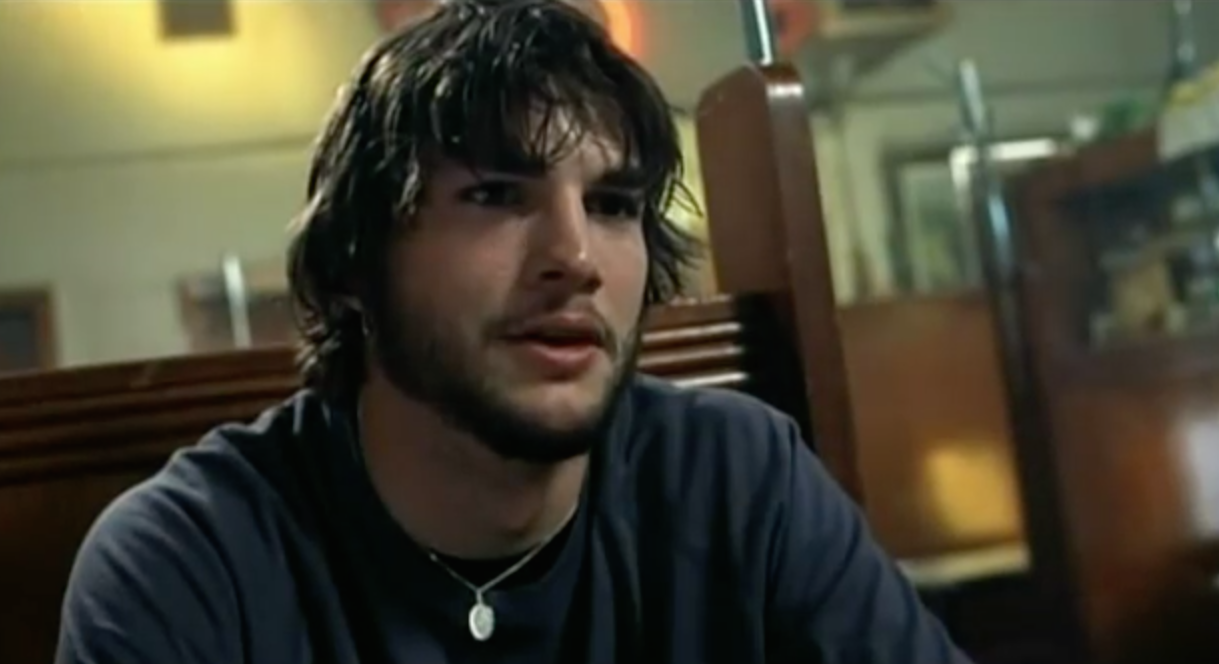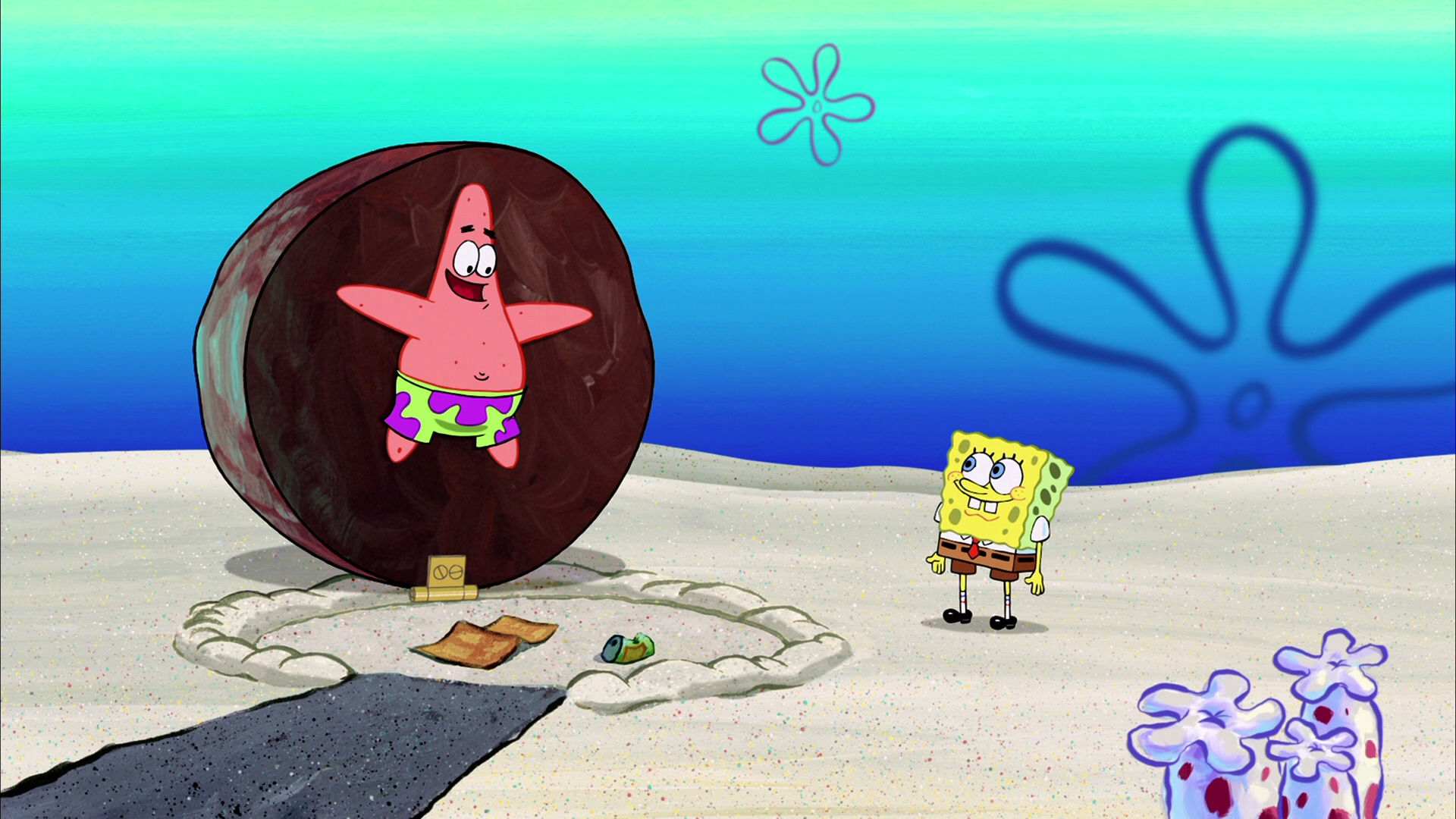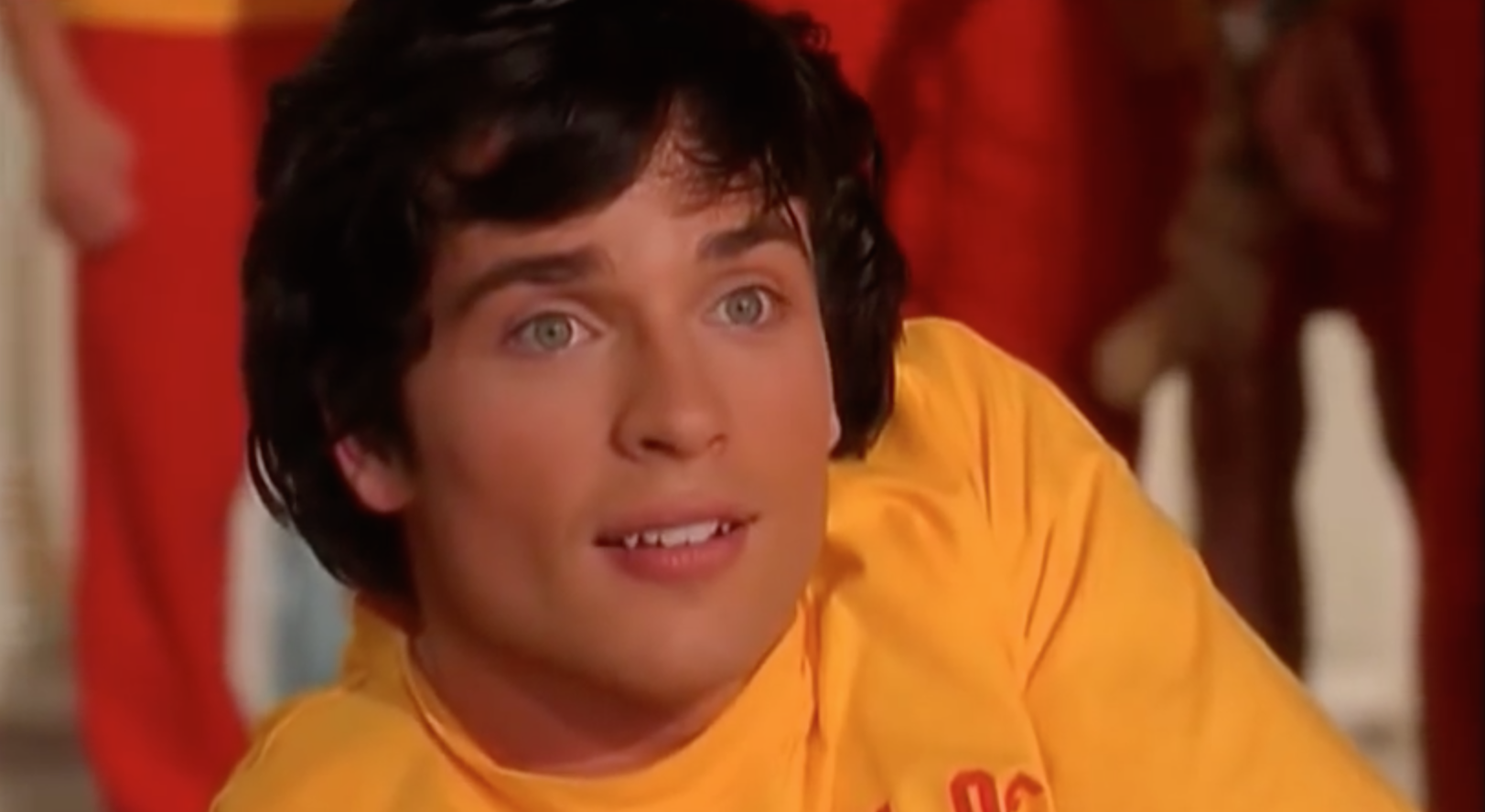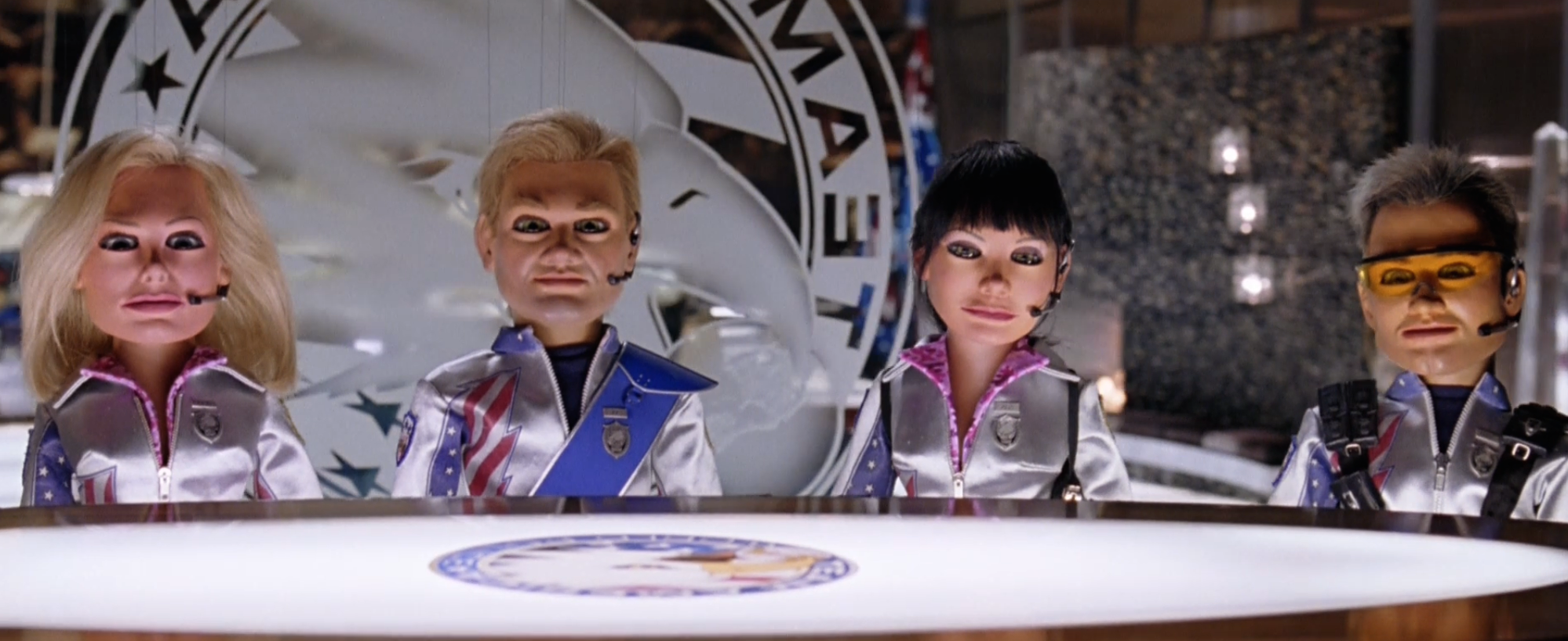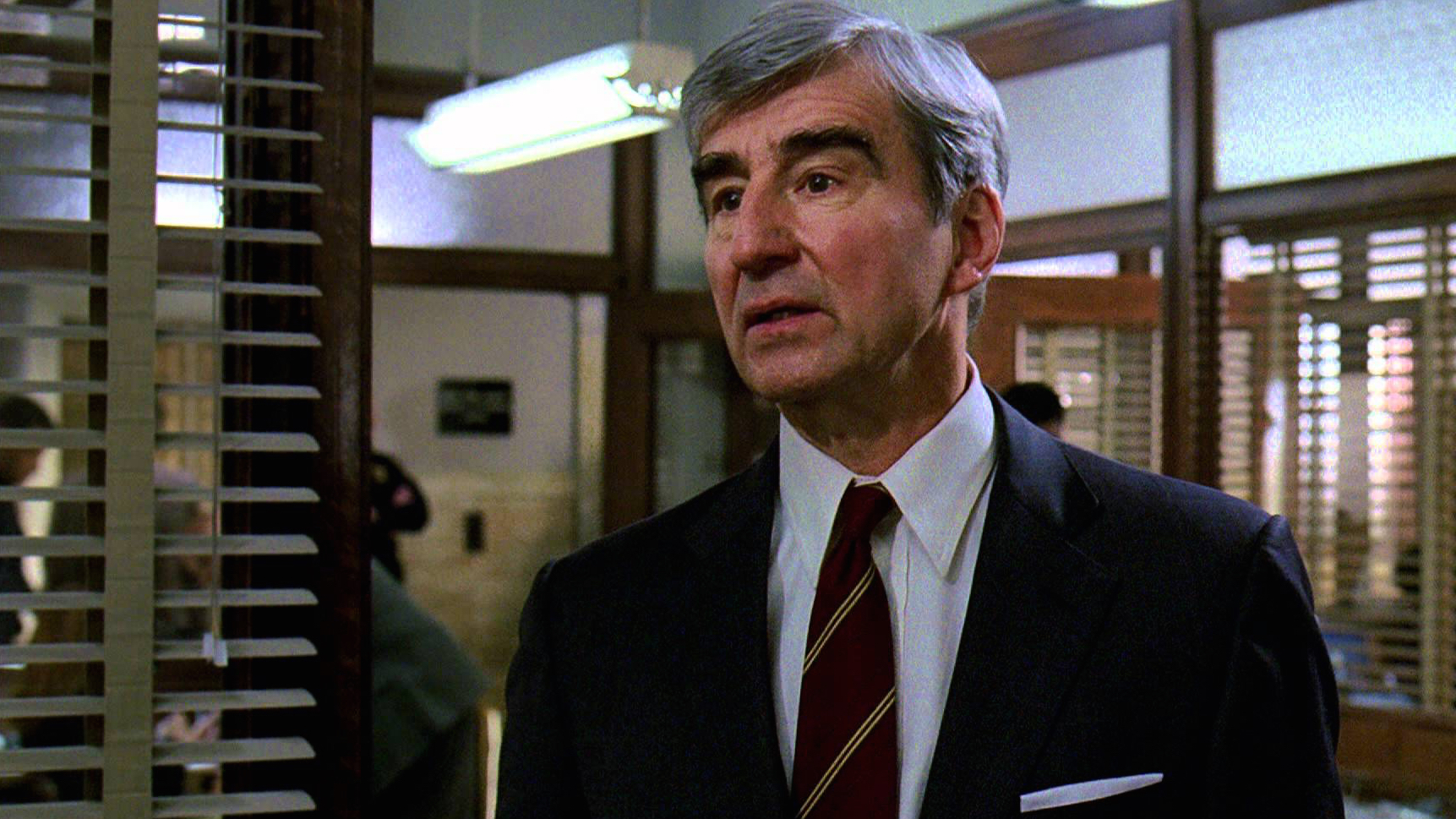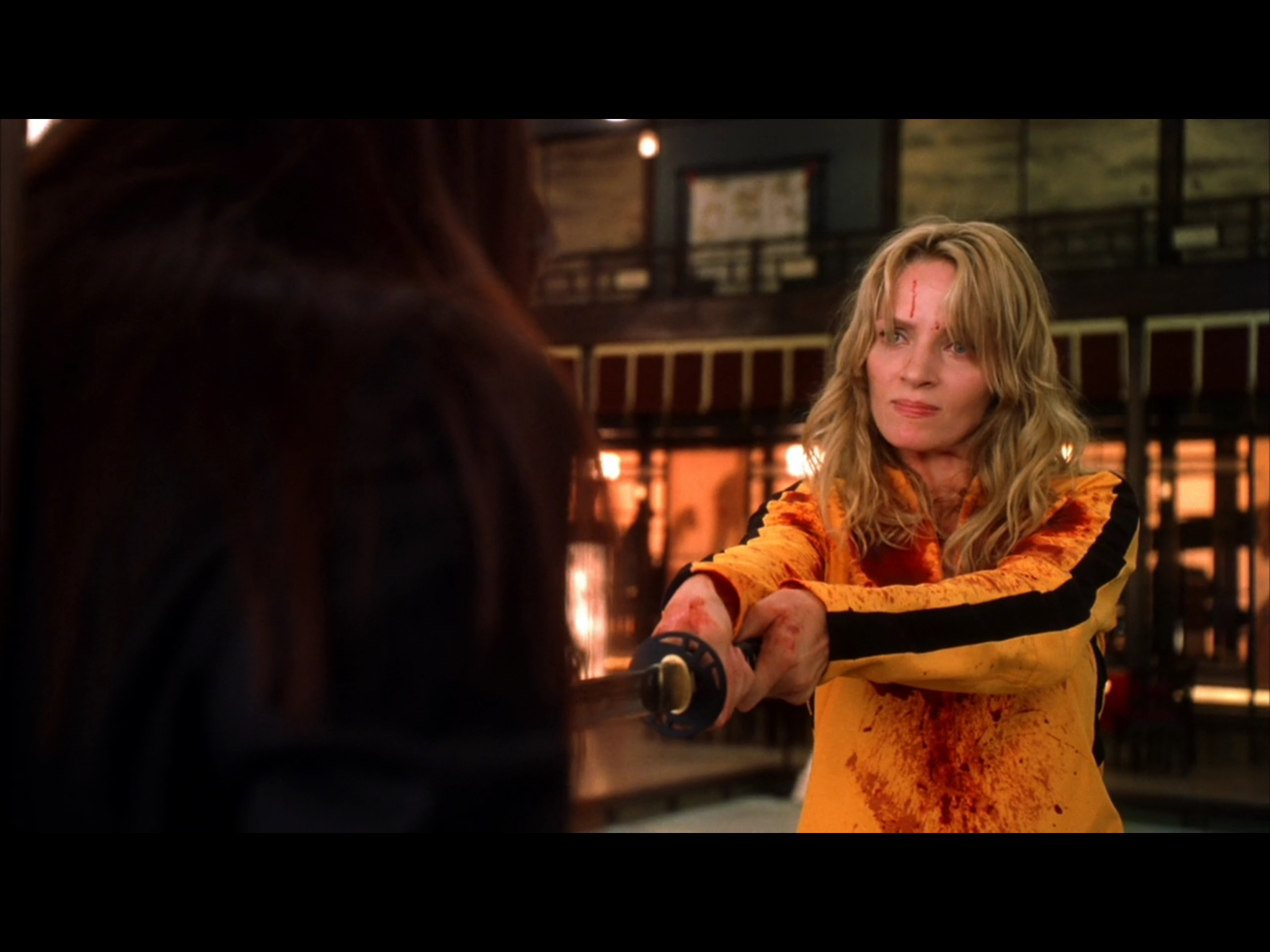This week, I saw the movie “Shattered Glass” on cable for the second time in a week. The film unravels the deceptions of Stephen Glass, the former New Republic writer who made up quotes and even whole stories. If I correctly recall, the magazine found problems with 27 of the 41 stories he wrote while working there.
The film got me to thinking a whole lot about ethics, the temptations journalists sometime encounter and dangerous deceptions. When a reporter for CNET News.com I worked out of a home office for four years, which meant only modest supervision. If I had ever wanted to fabricate anything, probably no one would have noticed. I never did, of course, or else you wouldn’t be reading this post.

